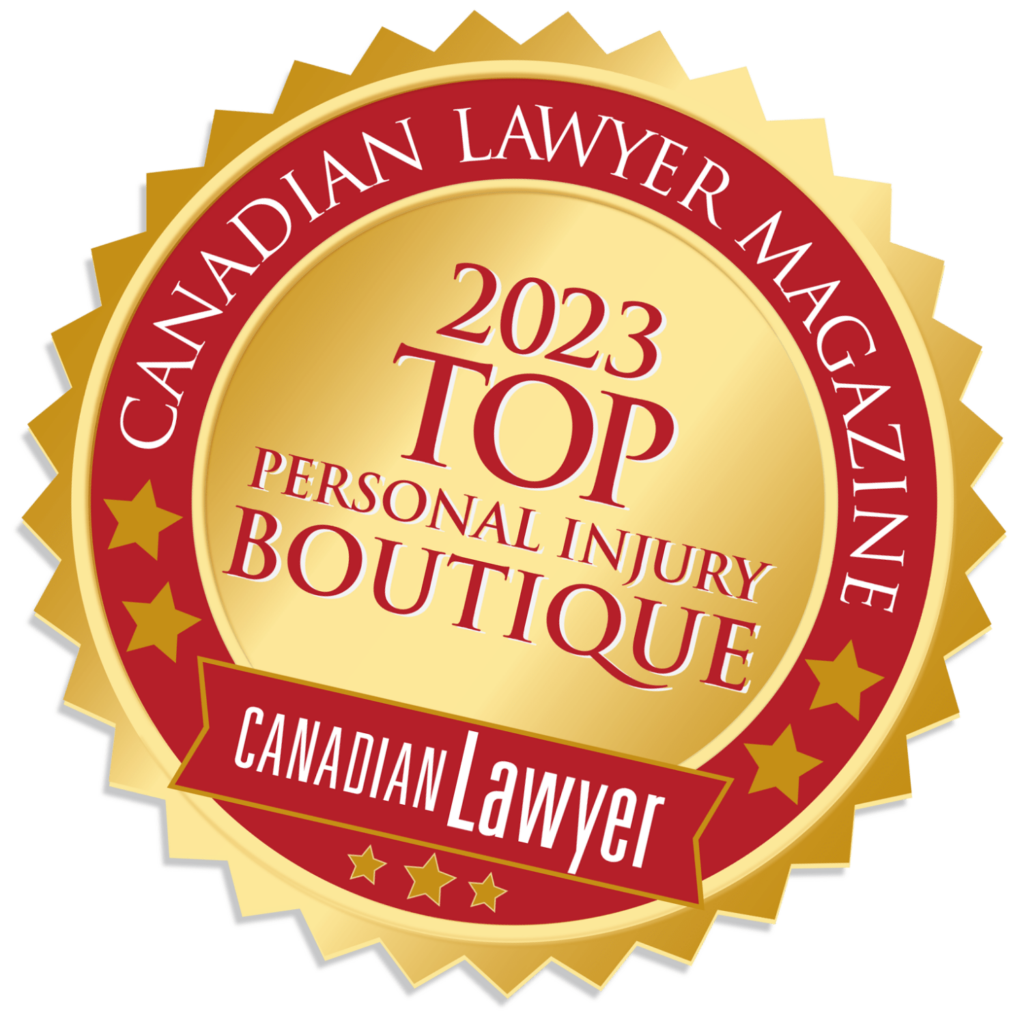
Mark Twain wrote that the two most important days in your life are the day you are born and the day you find out why. However, birth injuries arising from medical malpractice mean some children are forever denied the opportunity to learn their birth story. In these circumstances, it is difficult for parents to know what to do and where to turn. In this blog I review the nature of birth injuries, the definition of medical negligence, and how to prepare to consult with a lawyer.
Nature of Birth Injuries
Occurrence & Causes
Birth injuries usually take the form of a neurological disorder or brain injury. According to the Child Neurology Foundation, a neurological disorder relates to any condition that is caused by a dysfunction in part of the brain or nervous system which results in physical and/or psychological symptoms. In infants, neurological disorders are commonly caused by:
- Blunt force trauma to the head (forceps extraction);
- Prolonged compression of the brain in the birth canal; or
- Oxygen deprivation / asphyxia (an infant’s oxygen supply is compromised before, during, or after birth).
These types of trauma typically result in malformations and deformations of certain parts of the brain; damage and destruction of tissue in the brain, fluid build-up inside the brain (Hydrocephalus), and bleeding in various parts of the brain (Hemorrhaging).
Symptoms
Though not necessarily definitive, an infant’s appearance soon after birth can sometimes indicate the presence of a neurological disorder. Common physical and behavioural symptoms include:
- Abnormally large forehead or small head;
- Deformed spine;
- Distorted facial features;
- Seizures;
- Excessive crying and fussiness;
- Problems sleeping while laying down; and
- Feeding issues.
While neurological disorders are identified in some infants soon after birth, in others the symptoms are not detected until later in life when they begin to cross developmental thresholds. At this stage, symptoms of a neurological disorder may include impairments in the following areas:
- Cognitive: attention, concentration, memory, processing language, impulse control, and communication;
- Behavioural/Emotional: attention deficit disorder (ADD), attention deficit hyper disorder (ADHD), Asperger’s Syndrome, and Autism;
- Perceptual: spatial disorientation, vision and/or hearing issues, and pain hypersensitivity; and
- Physical: paralysis, tremors, sleep disorders, extreme fatigue, and light sensitivity.
Additional physical symptoms relate to delayed or missed developmental thresholds such as crawling, walking, running, unassisted ascending and descending of stairs, hopping, skipping, unassisted feeding, tying shoes, balancing, drawing/colouring, unassisted dressing, and grasping/holding items.
What is Medical Malpractice?
Medical malpractice arises when a doctor falls below the standard of care. A doctor is held to a standard of reasonableness – not perfection. A doctor may fail to act in a reasonable manner in connection with:
- Obtaining informed consent from a patient;
- Diagnosing a patient’s condition; and/or
- Providing appropriate treatment to a patient.
The circumstances, symptoms, and condition of a patient together with the specialized skills and knowledge to be expected from the treating doctor determine the standard of care owed to a patient. The critical question is whether the treating doctor exercised the same degree of care and skill which could reasonably be expected of a similar, prudent medical professional, in similar circumstances.
Informed Consent
Under the Health Care Consent Act 1996 and common law, before proceeding with a proposed course of treatment or medical procedure, a doctor must:
- Disclose to a patient the risks associated with treatment (this includes informing a patient of the risks specific to their unique condition);
- Address all questions and concerns of the patient; and
- Obtain informed consent from the patient.
In order to satisfy these requirements, there must be reasonably sufficient communication between the doctor and patient such that a patient’s questions and concerns are adequately addressed. The principle of informed consent is based on the presumption that a patient has the mental capacity to make a decision about their treatment.
Causation
Once it is established that a doctor breached the standard of care, the issue becomes whether that breach caused the patient to suffer injury. This question of causation is one which is ultimately determined by a court. However, even if a patient cannot prove that a doctor specifically caused their injury to a scientific certainty, the doctor does not necessarily avoid liability. Causation is established where a patient can prove, on a balance of probabilities, that the doctor caused their injury.
Preparing to Consult with a Lawyer
There are a number of steps you can take to better prepare for consulting with a lawyer about a potential infant brain injury claim:
- Speak with your family doctor, obstetrician, and hospital birthing staff about what happened before, during, and after the birthing process. You have the right to know what occurred during the birth of your child.
- Obtain your child’s medical records. In Ontario, you are entitled to obtain a copy of your child’s medical records without any explanation whatsoever. These records provide a picture of the short-term treatment received by your child and possibly insight into the long-term medical support that your child may need.
- Find the right lawyer. The right lawyer will have extensive medical malpractice and medical negligence experience and be as compassionate as they are tenacious. The right lawyer will:
- Have a legal practice focusing on birth injury cases;
- Be recognized as a leading lawyer in the medical malpractice field;
- Possess strong trial experience and a willingness to see your child’s case through to the end; and
- Be caring, dedicated, and able to help you understand the complexities of your child’s case.
Howie, Sacks & Henry is recognized as a leader in birth injury and neonatal medical negligence cases. We are experienced, compassionate, and dedicated to helping you understand every step of your child’s case. If you believe that your child may have suffered a brain injury, neurological disorder, or brain damage as a result of medical negligence, please contact us.
For more information about birth injuries and medical malpractice, please contact medical malpractice lawyer Neil E. Sacks at 416-361-5811 or nesacks@hshlawyers.com.






